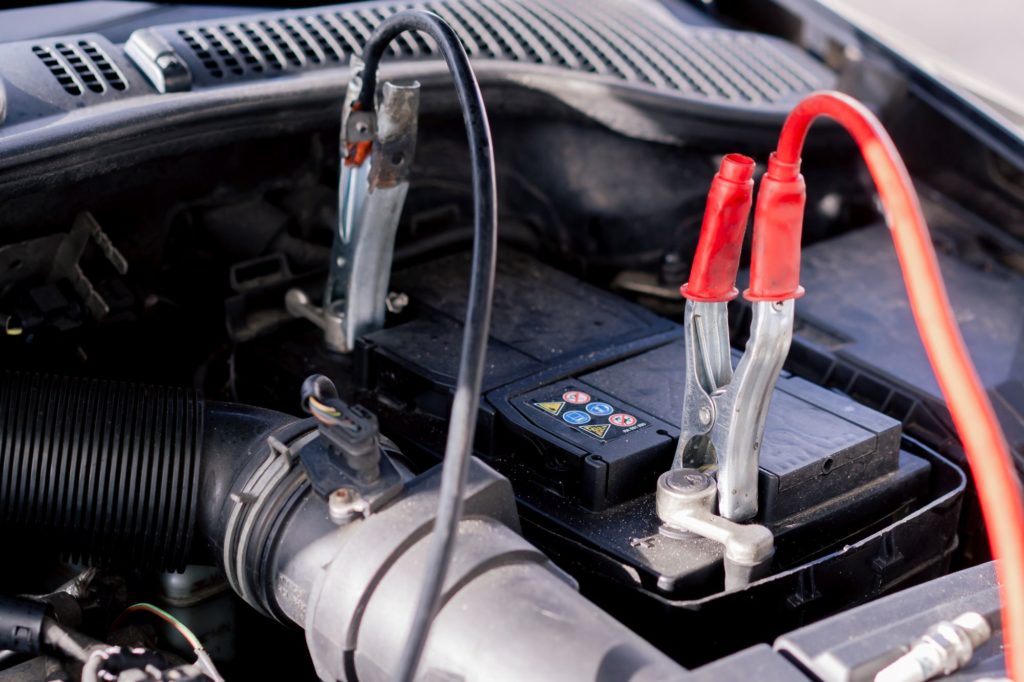Electrical problems in cars can be confusing and frustrating, manifesting as anything from a dead battery to malfunctioning accessories. Understanding the signs of electrical problems and knowing when to address these issues can save you a lot of time and money.
1. Dead Battery
One of the most common electrical issues in cars is a dead or dying battery. Signs include the car not starting, electric accessories not functioning (such as stereo or electric windows), and dimmed headlights. A dead battery could be due to age, leaving lights on, or faulty charging. If the battery is dead, consider trying to jump-start it. If the battery frequently dies, it may need a replacement or there could be an issue with the alternator not properly charging the battery.

2. Faulty Alternator
The alternator charges the battery while your car is running. Signs of a failing alternator include dimming or overly bright lights, a dead battery or battery light on the dashboard, trouble starting the car, and accessories that function slowly or erratically.
3. Bad Fuses
Fuses protect the electrical circuits in your car by breaking the circuit if there’s an electrical overload. Common indicators of a blown fuse include electrical components or systems that stop working, like interior lights, entertainment systems, or power windows.
4. Bad Starter
A defective starter is another common electrical issue. Symptoms include hearing a clicking sound when turning the key or the engine not turning over when attempting to start the vehicle. Check the starter circuit and replace the starter if necessary. Ensure all connections are secure and corrosion-free.
5. Corroded Battery Connectors
Corrosion on the battery terminals can prevent your car from starting and cause irregular electrical behavior. Check the battery terminals for white or greenish powdery deposits. Disconnect and clean the terminals using a wire brush and a mixture of baking soda and water.
While some electrical problems can be fixed with basic tools and a bit of know-how, others might require a professional auto repair shop’s expertise—especially when diagnostics are needed. Regular maintenance and checks can help you catch many common electrical issues before they lead to more serious problems or an expensive tow.
This blog post is meant for informational purposes only and does not constitute professional auto advice. If you have further questions or concerns, contact a trusted auto repair professional.